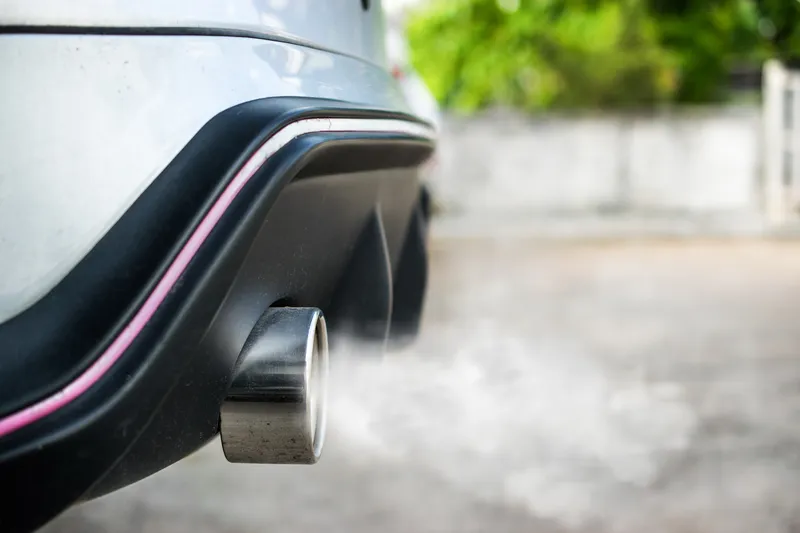The UK government have set up a £30 million grant scheme for local authorities in England and Wales looking to fit bus fleets with an accredited and cost-effective retrofit program that enables emissions-reductions.
The Clean Vehicle Retrofit Accreditation Scheme, developed by LowCVP and Energy Saving Trust, follows an evaluation report presented by LowCVP on findings from two public grant programmes that used retrofit technologies over a five-year period -- the clean Vehicle Technology Fund and CleanBus Technology Fund.
The report showed the highest emission reductions (80% - 100%) were seen for retrofit SCR after-treatment and diesel bus engine conversion to use an electric powertrain, and moderate emission reductions (25%-29%) were achieved by retrofit thermal management and flywheel hybrid technologies. Finally, low NOx emission reductions (3%-6%) were achieved by mild hybrid, hybrid assist and dual fuel CNG conversions.
UK introduces grants for low-emission retrofit bus fleets
The UK government have set up a £30 million grant scheme for local authorities in England and Wales looking to fit bus fleets with an accredited and cost-effective retrofit program that enables emissions-reductions. The Clean Vehicle Retrofit Accreditation Scheme, developed by LowCVP and Energy Saving Trust, follows an evaluation report presented by LowCVP on findings from two public grant programmes that used retrofit technologies over a five-year period -- the clean Vehicle
September 29, 2017
Read time: 1 min








